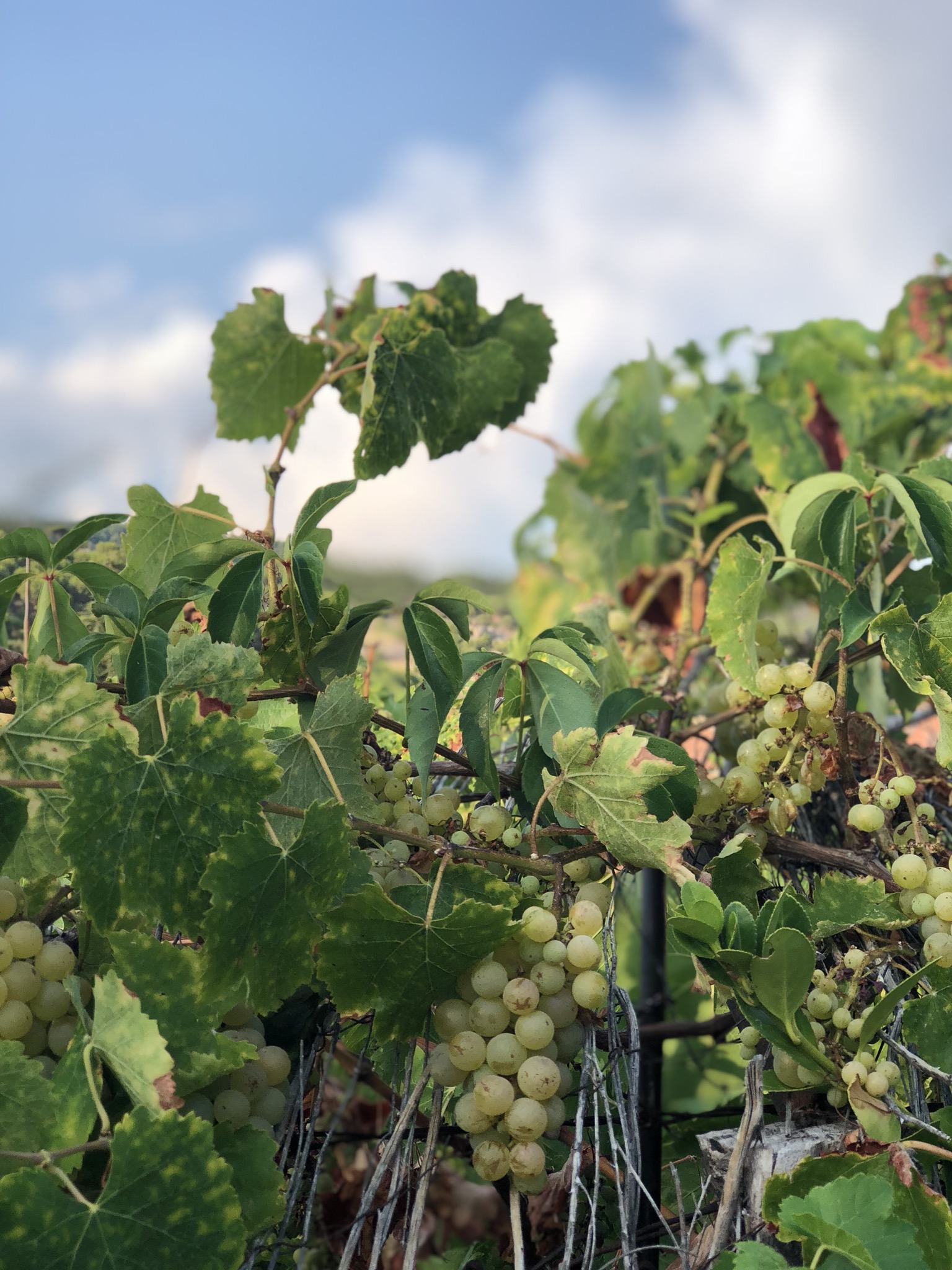When the disciples of John the Baptist approached Jesus and asked, “Why do the Pharisees and we fast (much), but your disciples do not fast?” At that time, fasting was emphasized as a public way to give up food and appear pious to others. In the Jewish religion, the external practice was essential, for that was how a person measured their ability to practice their faith. For example, they had rules about what they ate, when they ate, how much they ate, and how they prepared their food. It was easy to “judge” others based on their ability to follow these rules and to fast.
Jesus came to fulfill and complete the law of the Jewish faith, but not be limited by these restrictions. We encounter the newness of Christ in this Gospel and how we are invited to follow Jesus and be fed by the Lord. The New Covenant instituted by Christ could not be contained in the Old Covenant structure.
Joy: Jesus invites us to be joyful and see the connection between faith and Christian joy. Jesus shares, “Can the wedding guests mourn as long as the bridegroom is with them?” Jesus reminds the people of the joy of the wedding. One of the universal factors of a wedding is the joy it brings. Weddings reinforce the love, the excitement, and the newness of life to come. The “wedding party” are the best friends of the bride and groom who spend the most time with them during this life-changing event. They share in the celebration of the anticipation of the life their friends will live, and the joy of finding a life partner.
How often do we trade in our Christian joy for worry and despair? Our hearts can easily be overcome by anxiety and worry instead of seeing the Lord and coming to know Him personally. When we place our eyes and focus on Christ, we allow Him to lead us to a deep and joyful encounter with God.
Newness: Jesus shares that “something new is coming” as He says, “No one pours new wine into old wineskins”. This analogy might mean little to us today, but in Jesus’ time, that was common knowledge. The wineskin would break if you used an old one. We must let go of our fallen nature, cling to eternal life, and give up the sins that keep us from living out our faith.
Cuando los discípulos de Juan el Bautista se acercaron a Jesús y le preguntaron: “Por qué tus discípulos no ayunan, mientras nosotros y los fariseos sí ayunamos?” En ese momento, el ayuno era enfatizado como una forma pública de renunciar a la comida y parecer piadoso ante los demás. En la religión judío, la práctica externa era esencial, porque así era como una persona medía su posibilidad de practicar la fe. Por ejemplo, tenían reglas sobre lo que comían, cuándo comieron, cuánto comieron y cómo prepararon su comida. Era fácil “juzgar” a los demás basado en su habilidad de seguir estas reglas y ayunar.
Jesús vino a cumplir y completar la ley de la fe judía, pero no se limitó a estas restricciones. Encontramos la novedad de Cristo en este Evangelio y cómo somos invitados a seguir a Jesús y ser alimentados por el Señor. La Nueva Alianza instituida por Cristo no pudo ser contenida en la estructura de la Antigua Alianza.
Alegría: Jesús nos invita a estar alegres y ver la conexión entre la fe y la alegría cristiana. Jesús comparte: “¿Cómo pueden llevar luto los amigos del esposo, mientras él está con ellos?” Jesús recuerda a la gente la alegría de la boda. Uno de los factores universales de una boda es la alegría que trae. Las bodas refuerzan el amor, la emoción y la novedad de la vida por venir. El cortejo nupcial son los mejores amigos de los novios que pasan la mayor parte del tiempo con ellos durante este evento que cambia la vida. Comparten la celebración de la anticipación de la vida que vivirán sus amigos y la alegría de encontrar un compañero de vida.
¿Con qué frecuencia cambiamos nuestro gozo cristiano por preocupación y desesperación? Nuestros corazones pueden ser vencidos fácilmente por la ansiedad y la preocupación en lugar de ver al Señor y llegar a conocerlo personalmente. Cuando ponemos nuestra mirada y nos enfocamos en Cristo, permitimos que Él nos guíe a un encuentro profundo y gozoso con Dios.
Novedad: Jesús comparte que “algo nuevo viene” cuando dice: “Nadie echa vino nuevo en odres viejos”. Esta analogía puede significar poco para nosotros hoy, pero en la época de Jesús, eso era de conocimiento común. El odre se rompería si usaras uno viejo. Debemos dejar ir nuestra naturaleza caída, aferrarnos a la vida eterna y renunciar a los pecados que nos impiden vivir nuestra fe.
 Emily Jaminet is a Catholic author, speaker, radio personality, wife, and mother of seven children. She earned a bachelor’s degree in mental health and human services from the Franciscan University of Steubenville. She is the co-founder of www.inspirethefaith.com and the Executive Director of The Sacred Heart Enthronement Network www.WelcomeHisHeart.com. She has co-authored several Catholic books and her next one, Secrets of the Sacred Heart: Claiming Jesus’ Twelve Promises in Your Life, comes out in Oct. 2020. Emily serves on the board of the Columbus Catholic Women’s Conference, contributes to Relevant Radio and Catholic Mom.com.
Emily Jaminet is a Catholic author, speaker, radio personality, wife, and mother of seven children. She earned a bachelor’s degree in mental health and human services from the Franciscan University of Steubenville. She is the co-founder of www.inspirethefaith.com and the Executive Director of The Sacred Heart Enthronement Network www.WelcomeHisHeart.com. She has co-authored several Catholic books and her next one, Secrets of the Sacred Heart: Claiming Jesus’ Twelve Promises in Your Life, comes out in Oct. 2020. Emily serves on the board of the Columbus Catholic Women’s Conference, contributes to Relevant Radio and Catholic Mom.com.
Feature Image Credit: malenymedina, cathopic.com/photo/7501-vinas

